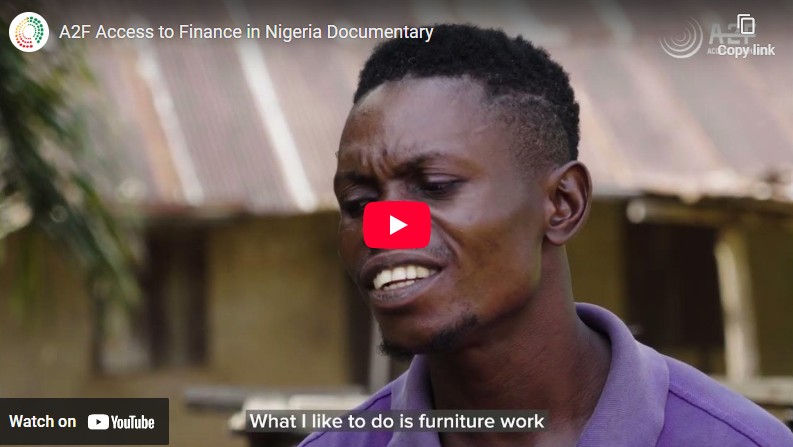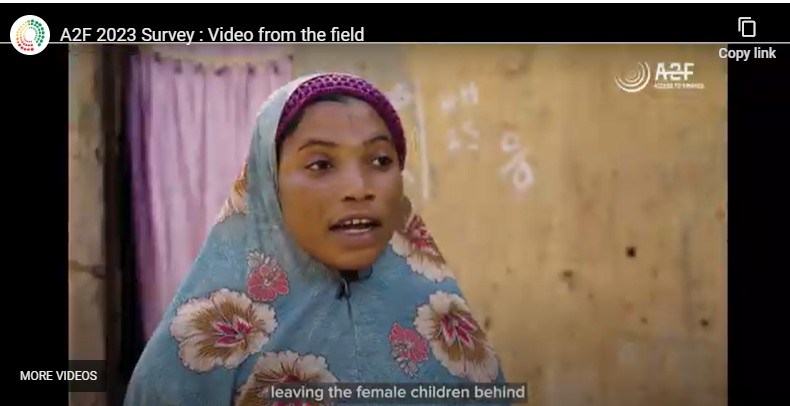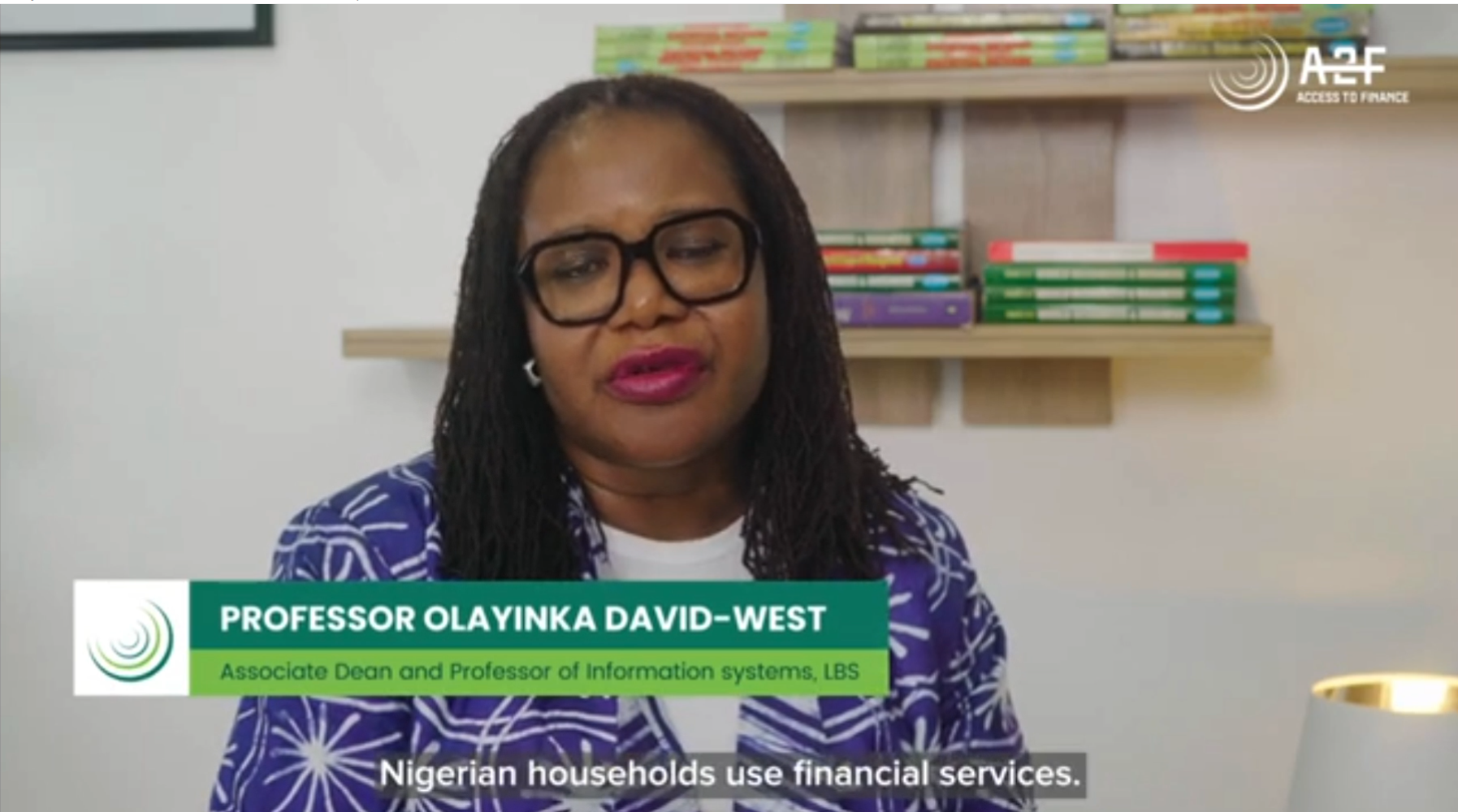Cynthia Ezekwe
A new survey report from Enhancing Financial Innovation & Access (EFInA), a financial sector deepening (FSD) organisation, shows that formal financial inclusion in Nigeria has risen about 8 per cent, growing from 56 per cent in 2020 to 64 per cent in 2023.
According to the survey, the growth in financial inclusion is largely driven by the increased use of non-banking channels, which grew from five per cent in 2020 to 12 per cent in 2023. These channels include mobile money, agent banking, and digital platforms. The increased use of these channels is attributed to several factors, including the availability of affordable smartphones, the proliferation of internet and data services, and the increasing adoption of digital financial services by both consumers and businesses.
Oluwatobi Eromosele, the general manager of EFInA, presented the results of the survey in Lagos and explained that the methodology for the 2023 survey has been updated to reflect changes in population dynamics. She also noted that the data from the 2018 and 2020 surveys has been updated using the same methodology, to enable accurate comparisons over time. This ensures that the data is as reliable and consistent as possible, and allows for accurate comparisons and trend analysis.
According to Eromosele, the results of the 2023 survey show that 26 per cent of Nigerians remain financially excluded, which is a 6 per cent decrease from the 2020 survey results. This is an encouraging trend, and indicates that the country is making progress towards the target set by the Nigeria Financial Inclusion Strategy (NFIS 3.0). The goal of the strategy is to reduce the level of financial exclusion in Nigeria to 25 per cent by 2024, and the current results show that the country is on track to meet this goal.
Eromosele acknowledged that there is still significant work to be done in order to achieve the Central Bank of Nigeria’s long-term goal of 95 per cent formal inclusion. She noted that rural communities are less likely to be formally included than urban communities, and that addressing this gap is essential for ensuring that all Nigerians have access to the financial system.
Echoing the sentiment that rural areas lag behind urban areas in terms of financial inclusion, Eromosele also pointed out that 37 per cent of rural Nigerians are financially excluded, compared to 17 per cent of urban Nigerians.
The survey results showed that financial exclusion is most severe in Northern Nigeria, with 38 per cent of people in the North East and 47 per cent of people in the North West being excluded. This is in contrast to only 5 per cent of people in the South West and 10 per cent of people in the South-South who are financially excluded. This disparity highlights the need for targeted interventions to address the specific challenges facing the Northern region.
“Usage of broader financial services remains limited demonstrating the urgent need to focus on the quality and impact of inclusion. While credit use doubled to 6 per cent, pension and insurance use remained at 8 per cent and 3 per cent respectively, well below 2024 target levels,” the findings revealed.
In commenting on the survey results, Agnes Martins, the Chair of EFInA, acknowledged the encouraging progress that has been made towards the goal of reducing financial exclusion to 25 per cent by 2024. However, she emphasised the need to be intentional in addressing the issue and to put in place effective strategies to boost financial inclusion in Nigeria.
Martins noted that the organisation has a clear mandate to drive financial inclusion, and that it will continue to work with all stakeholders to develop and implement appropriate interventions
Yemi Cardoso, the CBN governor , noted that the survey results demonstrate that financial inclusion is achievable with the right commitment and dedication. He stressed the need to move beyond mere collaboration and towards a concrete commitment to take action and drive meaningful change.
“To that effect, I call on all financial inclusion implementation agencies to set up specific functions or units dedicated to financial inclusion in their various organisations. This we believe, will provide the necessary ownership and commitment required to achieve our collective goal,” he said.
Cardoso emphasised that the country must redouble its efforts to develop innovative solutions that enable inclusion, and be intentional about how this is done. He noted that the solutions that work for those who are already included may not be suitable for those who are excluded, and that it is important to tailor solutions to the specific needs of the latter group.





